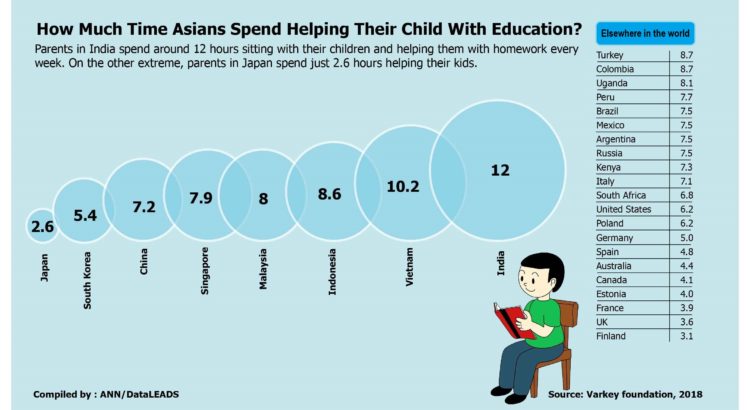Africa/ Zambia/ 10.04.2019/ Source: africandailyvoice.com.
Zambia is set to introduce mobile teaching services, to provide education services to children in remote areas lacking teachers and education facilities, African Daily Voice has learnt.
This was recently disclosed by the Ministry of General Education Permanent Secretary, Jobbicks Kalumba when he addressed teachers in Kapiri Mposhi District during his interaction in the area.
According to Kalumba, the mobile education services will require teachers to set camp in particular areas lacking education services, in order to broaden access to education in the country.
“The ministry has already initiated discussions with cooperating partners that include United Nations Children’s Fund (UNICEF), in order to actualize the initiative,” said Kalumba.
“This initiative is one way of making children especially those that are in areas where we do not have presence and where there are inadequate numbers of teachers to equally access quality education. We will engage teachers who will be specifically employed to carry out mobile teaching services in various schools countrywide.”
Kalumba also revealed that his ministry will next year introduce subject specialisation among primary school teachers, to limit the number of subjects that each teacher will have to teach.
“The ministry is trying to get away from a situation where primary school teachers are compelled to teach over nine different subjects, from grade one to seven, which is creating an overload, thereby making them ineffective and inefficient.
“Primary School Teacher Specialization Policy will afford teachers enough time to prepare lessons, assess pupils and institute remedial measures to help learners having problems in a particular subject.
“It is not practical that a teacher should prepare lesson plans in nine subjects and because of this teachers at primary level are presenting work plans which are not genuine because they have to do that in nine subjects…. this is just compromising the delivery of education in the country and we should reform the system,” added Kalumba.
He further underlined that the policy will not require any resources to be rolled-out adding that affected teachers will be written to be assigned specific subjects they will be teaching.
Source of the notice: https://africandailyvoice.com/en/2019/04/05/zambia-unicef-partner-introduce-mobile-teaching-services/









 Users Today : 247
Users Today : 247 Total Users : 35459842
Total Users : 35459842 Views Today : 414
Views Today : 414 Total views : 3418386
Total views : 3418386